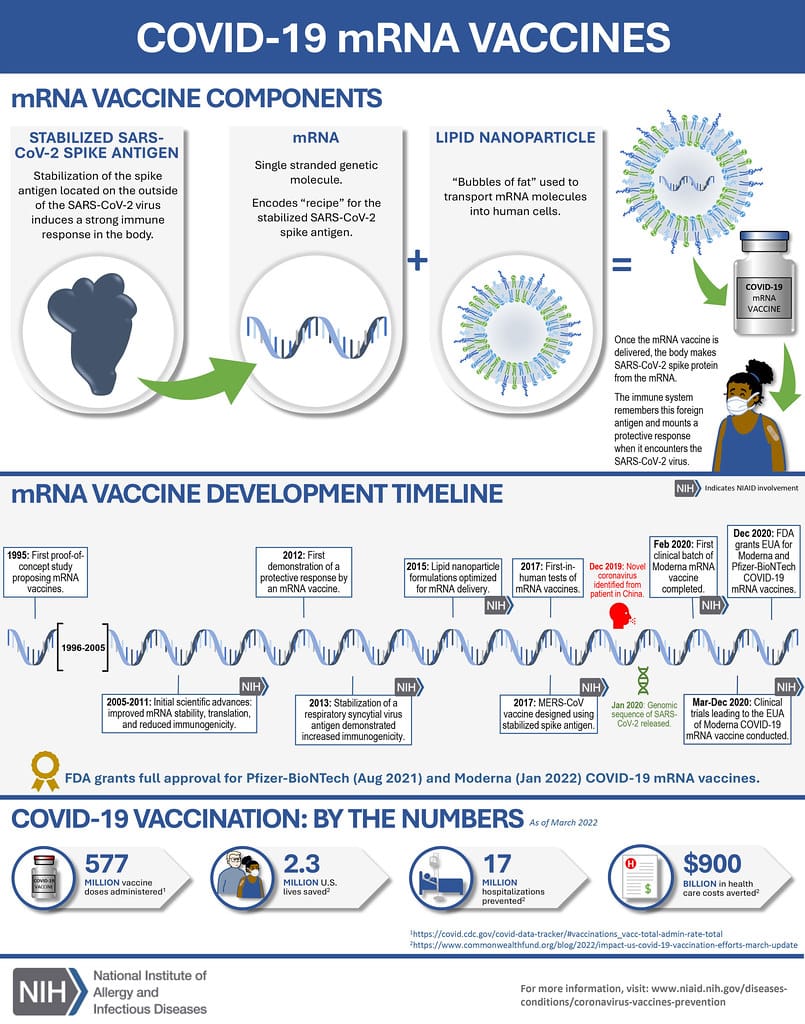Moderna's mRNA Flu Vaccine Outperforms Traditional Shot in Breakthrough Trial
Moderna has delivered another victory for mRNA vaccine technology, announcing that its experimental influenza vaccine demonstrated superior performance compared to standard flu shots in a pivotal Phase 3 trial. The results mark a significant milestone in the evolution of seasonal flu prevention and could reshape how millions receive their annual immunizations.
Superior Immune Response Across Multiple Flu Strains
The Cambridge-based biotech company reported that its mRNA-1010 vaccine generated stronger immune responses against three of the four influenza strains included in the study compared to traditional egg-based vaccines currently in use. The trial, which enrolled approximately 6,102 adults aged 18 and older, measured the vaccine's ability to produce neutralizing antibodies against H1N1, H3N2, and influenza B strains.
According to Moderna's preliminary data, participants who received the mRNA vaccine showed significantly higher antibody levels, particularly against the H3N2 strain—historically one of the most challenging influenza variants to combat with conventional vaccines. The enhanced immune response could translate to better protection during flu seasons when H3N2 predominates, potentially preventing thousands of hospitalizations and deaths.
Leveraging Proven mRNA Technology
The success builds on Moderna's expertise developed during the COVID-19 pandemic, where its mRNA-1273 vaccine became one of the world's most widely used coronavirus vaccines. Unlike traditional flu vaccines produced in chicken eggs—a process that can take months and sometimes leads to mutations that reduce effectiveness—mRNA vaccines can be manufactured more rapidly and precisely.
"This technology allows us to maintain the exact genetic sequence of the circulating virus strains," explained Dr. Jacqueline Miller, Moderna's Senior Vice President of Infectious Diseases. The precision could prove crucial as health authorities select which strains to include in seasonal vaccines, often months before flu season begins.
Addressing Long-Standing Flu Vaccine Challenges
Traditional influenza vaccines have faced persistent limitations, with effectiveness rates typically ranging from 40% to 60% when the vaccine is well-matched to circulating strains. In years when there's a mismatch, effectiveness can drop to as low as 10%. The egg-based production process, used for decades, can introduce changes to the virus surface proteins that vaccines target, potentially reducing their potency.
Moderna's mRNA approach sidesteps these manufacturing constraints entirely. The vaccine instructs cells to produce the influenza virus's surface proteins directly, eliminating the need for eggs and reducing production time from months to weeks. This agility could enable better matching between vaccine strains and circulating viruses.
Safety Profile Remains Favorable
The trial data also showed the mRNA flu vaccine maintained a safety profile comparable to traditional vaccines. Participants experienced similar rates of common side effects, including injection site pain, fatigue, and headache. No serious safety concerns emerged during the study period, though long-term monitoring continues.
The favorable safety data comes as no surprise given the extensive real-world experience with mRNA vaccines during the COVID-19 pandemic, where billions of doses have been administered globally with well-established safety profiles.
Market Implications and Timeline
If approved by regulatory authorities, Moderna's flu vaccine could capture significant market share in the global influenza vaccine market, valued at approximately $7 billion annually. The company has indicated it plans to submit regulatory applications in the coming months, potentially making the vaccine available for the 2024-2025 flu season.
The development also positions Moderna to compete directly with traditional vaccine manufacturers like Sanofi, GSK, and Seqirus, while potentially commanding premium pricing due to its superior efficacy profile.
Looking Ahead: The Future of Flu Prevention
Moderna's success represents more than just another vaccine option—it signals a potential paradigm shift in how seasonal flu vaccines are developed and deployed. The company is already exploring combination vaccines that could protect against both COVID-19 and influenza in a single shot, potentially simplifying annual immunization campaigns.
The breakthrough also validates the broader potential of mRNA technology beyond pandemic responses, opening doors for rapid vaccine development against other respiratory pathogens and seasonal threats.
As flu season approaches, healthcare providers and patients alike will be watching closely to see how quickly this next-generation vaccine technology can move from clinical trials to pharmacy shelves, potentially offering the most effective flu protection in decades.

